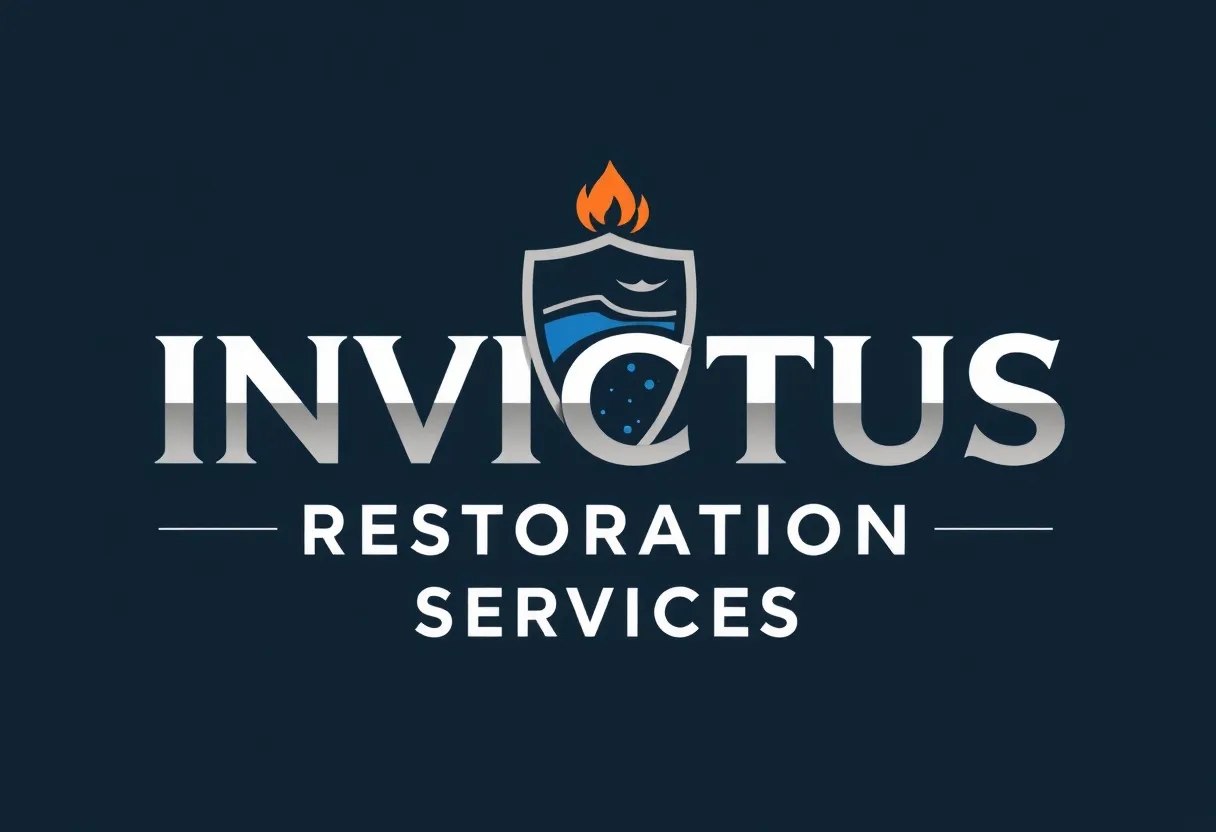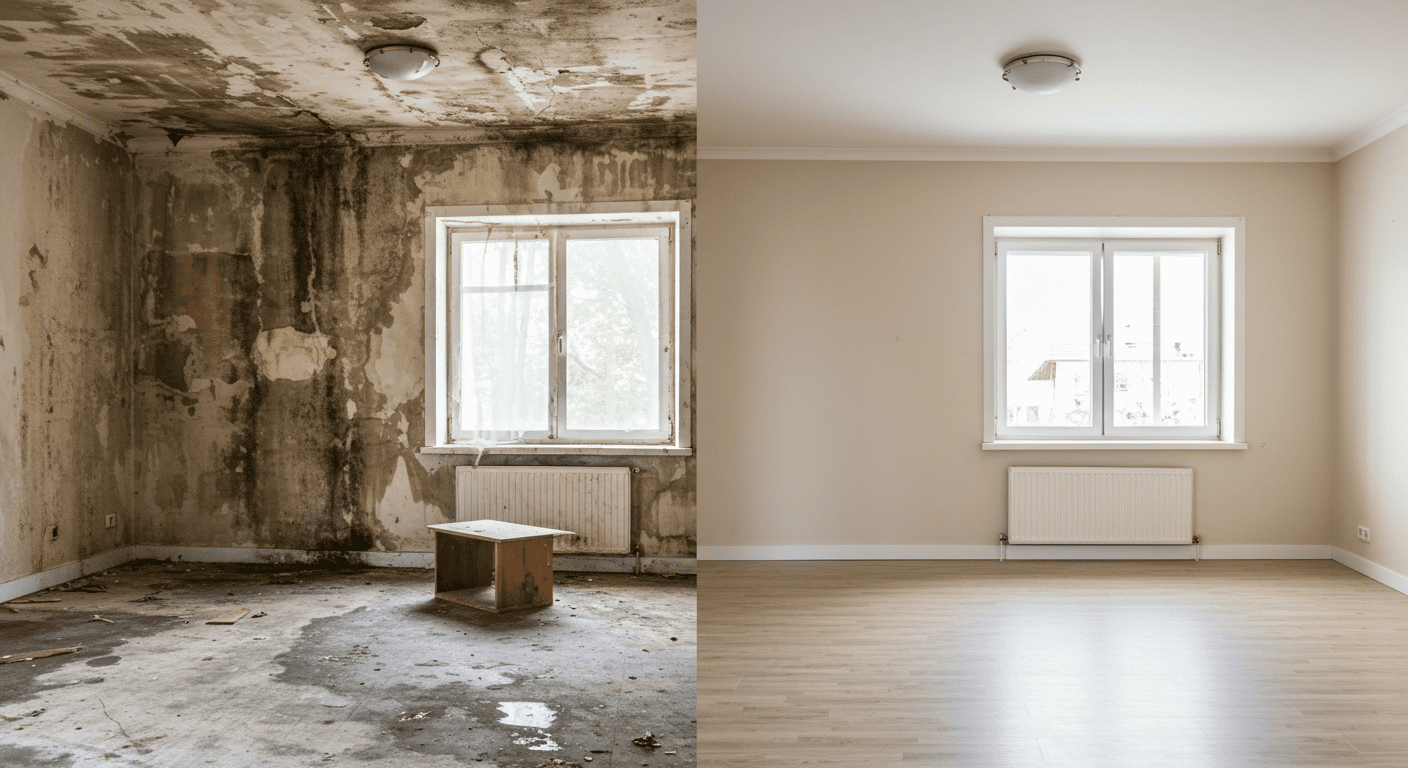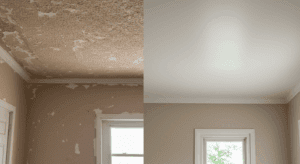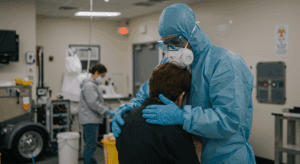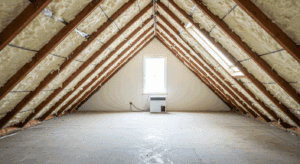Water damage can strike unexpectedly, leaving homeowners in Centennial, CO, grappling with the aftermath. From minor leaks to major flooding, understanding the costs associated with water restoration is crucial for effective planning and recovery. In this comprehensive guide, we’ll break down the factors influencing water restoration costs, average cost ranges, and tips to minimize expenses while ensuring quality service.
Factors Influencing Water Restoration Costs
Types of Water Damage: Clean, Grey, and Black Water
The type of water damage significantly impacts restoration costs. Clean water, originating from sources like broken pipes or rainwater, is the least expensive to address. Grey water, which may contain contaminants from appliances or sinks, requires more extensive cleaning. Black water, often resulting from sewage backups or flooding, poses serious health risks and demands specialized handling, making it the costliest to restore.
Severity of Damage and Size of Affected Area
The extent of the damage and the size of the affected area are critical cost determinants. A small, localized leak might only require minor repairs, while widespread flooding can necessitate structural repairs, mold remediation, and extensive drying efforts. Larger areas naturally require more labor, equipment, and time, driving up costs.
Emergency Services and Additional Costs
Emergency restoration services, often needed for immediate water extraction and damage control, come with premium charges. Additional costs may include mold remediation, structural repairs, and replacement of damaged belongings. These factors can quickly escalate the overall restoration bill.
Average Cost Breakdown for Water Damage Restoration
Typical Cost Ranges for Different Damage Levels
Water restoration costs in Centennial, CO, typically range from $1,200 to $5,000, depending on the severity. Minor water damage, such as a small leak, may cost around $1,000 to $2,000, while extensive flooding can exceed $10,000. These figures vary based on the type of water damage and the services required.
Cost Comparison: Minor vs. Major Water Damage
For minor damage, costs often include water extraction, drying, and minor repairs. Major damage, however, involves additional expenses like structural repairs, mold remediation, and replacement of damaged materials. Understanding these differences helps homeowners prepare for potential expenses.
Insurance Coverage and Its Impact on Costs
Insurance can significantly offset restoration costs. Most policies cover water damage caused by sudden and accidental events, such as burst pipes. However, damage resulting from neglect or gradual leaks may not be covered. Reviewing your policy and working closely with your insurer is essential to maximize coverage.
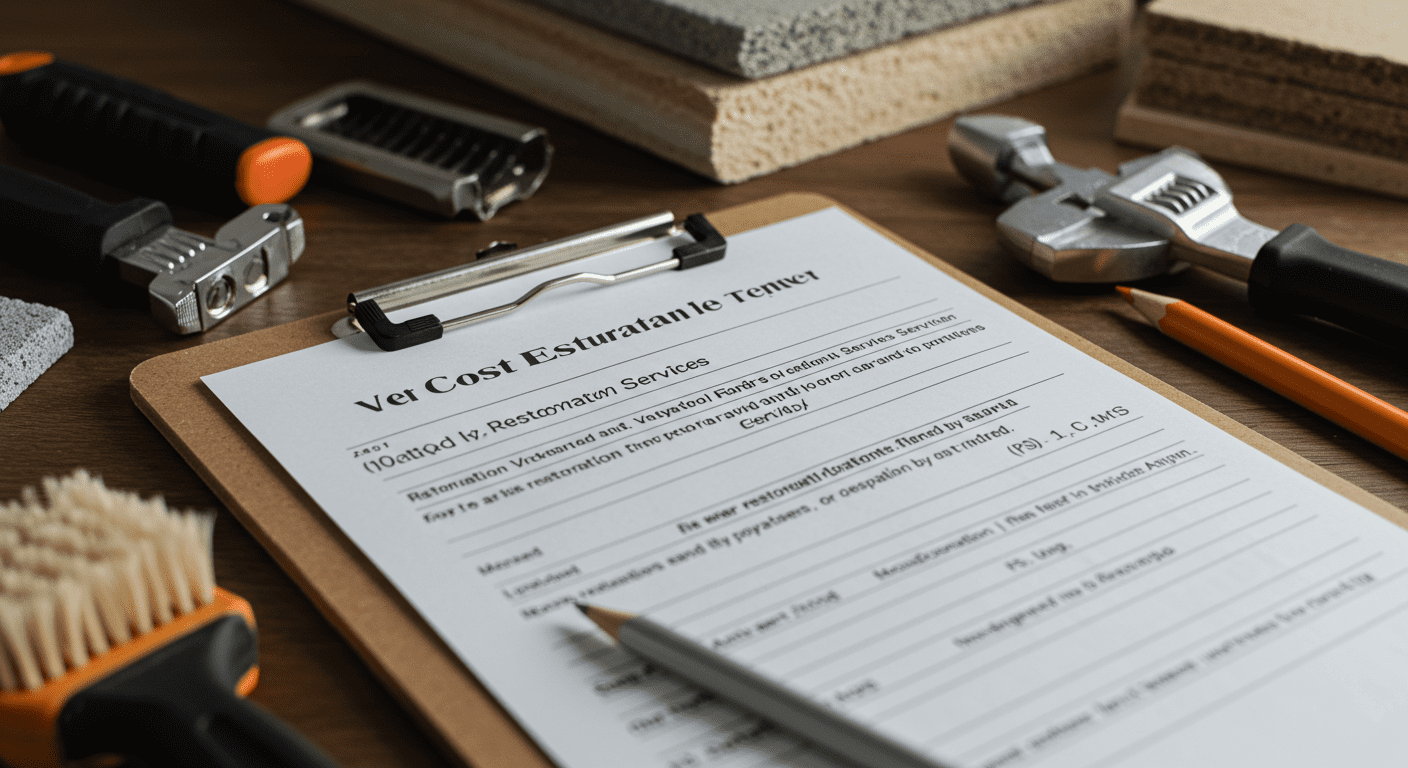
Choosing the Right Water Restoration Company
Key Qualities to Look For in a Restoration Service
Selecting a reliable restoration company is vital for quality results. Look for licensed and insured professionals with experience in handling various types of water damage. A company with certifications from organizations like the Institute of Inspection, Cleaning, and Restoration Certification (IICRC) ensures adherence to industry standards.
Importance of Professional Equipment and Expertise
Professional restoration companies use advanced equipment, such as industrial-grade dehumidifiers and moisture meters, to ensure thorough drying and prevent future issues. Their expertise in assessing and addressing damage ensures efficient and effective restoration.
Customer Reviews and Testimonials: What They Reveal
Customer reviews and testimonials provide valuable insights into a company’s reliability and quality of service. Positive feedback from previous clients indicates a trustworthy provider, while negative reviews may signal potential issues. Researching online reviews and asking for references can help you make an informed decision.
For more insights into water damage restoration pricing, check out Understanding Water Damage Restoration Pricing in Centennial, CO: What to Expect and How to Save.
Tips for Reducing Water Restoration Costs
Preventative Measures to Avoid Water Damage
Preventing water damage is the most effective way to reduce restoration costs. Regularly inspect your home for leaks, maintain gutters and downspouts, and ensure proper drainage around your property. Installing water detection devices can also alert you to potential issues before they escalate.
Quick Actions to Take After Water Damage Occurs
Acting swiftly after water damage occurs can minimize costs. Begin by shutting off the water source and contacting a professional restoration company. Removing standing water and drying the area promptly can prevent further damage and reduce the risk of mold growth.
How Insurance Can Help Save on Restoration Costs
Understanding your insurance policy and filing claims promptly can help cover restoration expenses. Documenting the damage with photos and keeping receipts for repairs ensures a smoother claims process. Working with a restoration company experienced in insurance claims can also streamline the process.
For more preventative tips, explore Understanding Moisture and Mold: Prevention, Cleanup, and Health Risks.
Water restoration costs in Centennial, CO, can vary widely based on the type and severity of damage. By understanding the factors influencing costs, choosing the right restoration company, and taking preventative measures, homeowners can effectively manage expenses and restore their properties to their original condition. Whether dealing with minor leaks or major flooding, being informed and proactive is key to minimizing costs and ensuring a successful restoration process.
